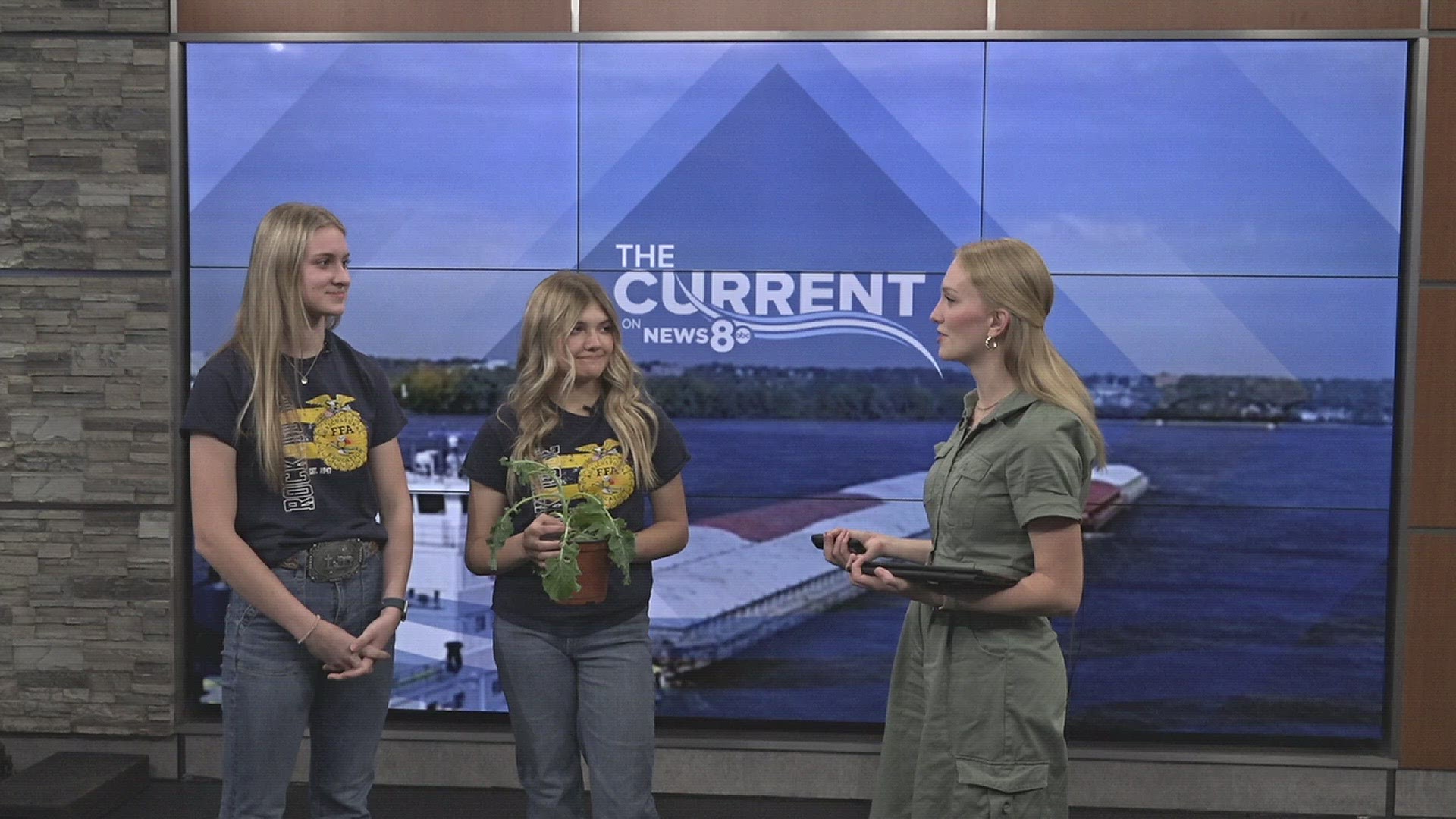URBANA, Ill. (AP) — The University of Illinois is looking for ways to protect faculty members from disruptive students who take online trolling into the classroom.
The issue was prompted by a case involving Jay Rosenstein, a professor of media and cinema studies who has criticized the school’s former Chief Illiniwek mascot, The (Champaign) News-Gazette reported . Rosenstein said someone who disagreed with his views harassed him online for months before enrolling in one of his classes in the fall.
Rosenstein drafted a resolution in November that asked for the ability to bar a student from enrolling in a certain professor’s class “if that student has displayed a previous history of persistent trolling, harassment, obsession with, or stalking, either electronically or in person, of that particular faculty member.” The ban would only be allowed if the class isn’t required for graduation and is taught only by that faculty member, the draft said.
The campus Academic Senate recently considered a simplified resolution that focused on other solutions already in place that address classroom disruptions.
Professor Nicholas Burbules, the chairman of the General University Policy Committee, said the university’s current policies give clear options for instructors with disruptive students.
The new resolution called on officials to clarify the policies and make them available on a single site online so faculty can easily understand their options.
Most senators said they’re opposed to preemptively banning students based on their social media. Some senators also expressed concerns about students’ educational and free speech rights.
“You really cannot screen students for their political views prior to their enrollment,” said Professor Bruce Rosenstock, another member of the committee.
Rosenstein said the newly revised proposal doesn’t go far enough to address trolling.
“It’s a growing issue in higher education because of social media,” Rosenstein said. “I think it’s something that’s going to happen again. There’s a hole there. There’s something that needs to be fixed to protect the integrity of the institution.”



